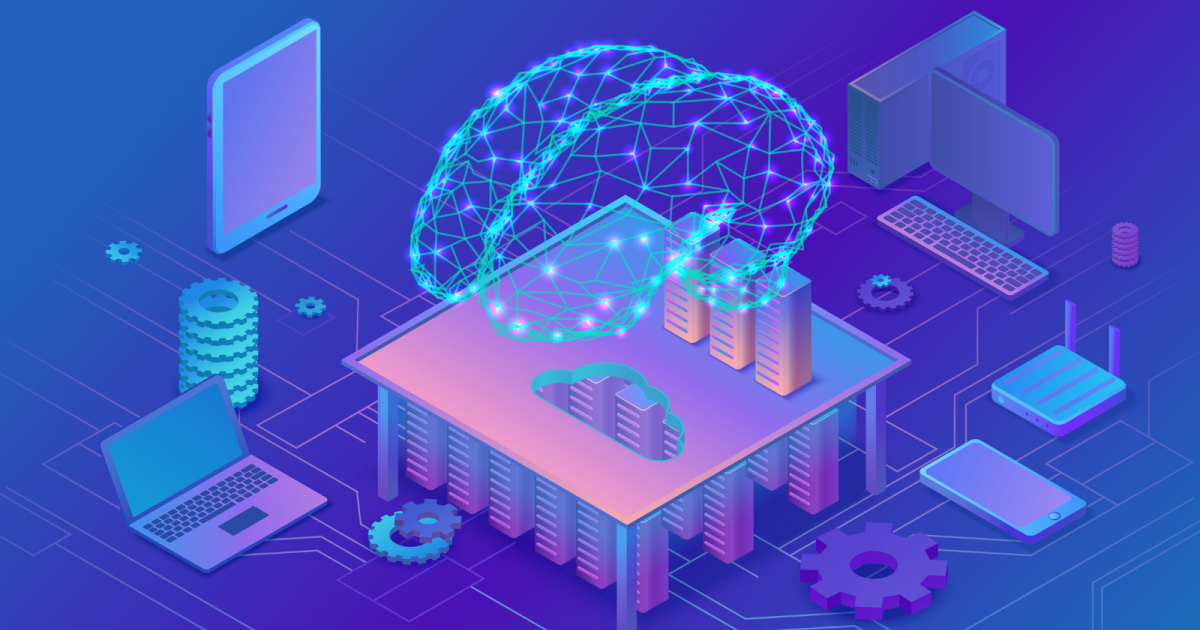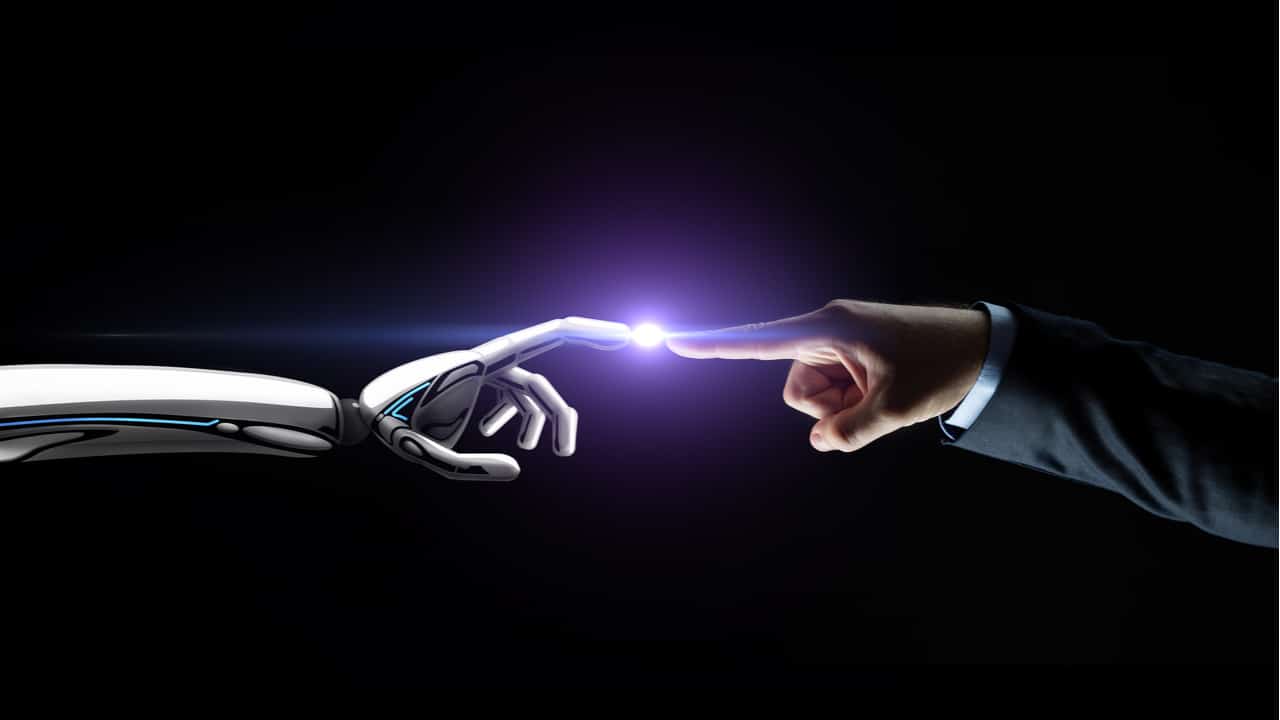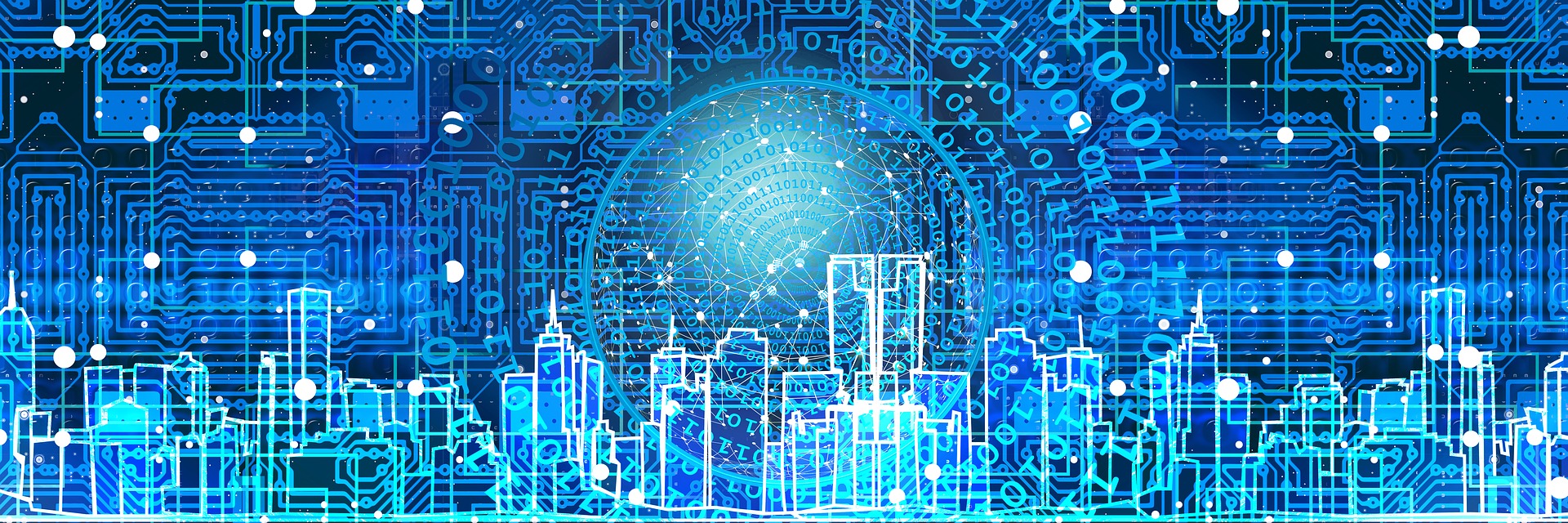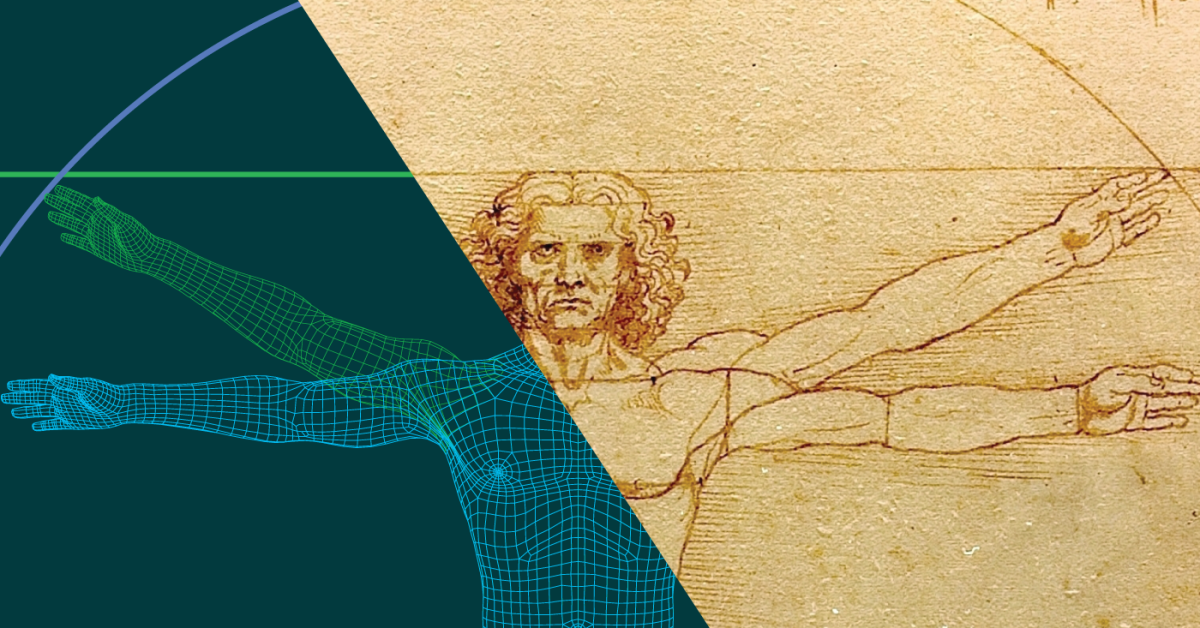The Future of Artificial Intelligence in Everyday Life

Artificial Intelligence (AI) is already a part of everyday life, from wearable health technology like smart watches and voice assistants to self-driving cars and chatbots. AI-powered automation has the potential to boost efficiency and productivity, but also poses a risk of job losses and ethical challenges. AI's impact on the world has already been felt in many ways, from chess computers to chatbots, and it is expected to play a deeply significant role in consumer and business markets in the coming years.
The advancement of artificial intelligence (AI) is poised to impact a wide range of industries, transforming the way businesses operate and deliver products and services. Here are some key industries that will likely be affected by AI and how they may be impacted:
Healthcare: AI can revolutionize healthcare by improving diagnostics, personalized treatments, and patient care. Machine learning algorithms can analyze medical data to assist in disease detection, provide early warnings, and support clinical decision-making. AI can also enhance medical imaging, robotic surgeries, and telemedicine, enabling access to quality healthcare in remote areas.
Finance and Banking: AI has the potential to streamline financial processes, risk assessment, fraud detection, and customer service. Machine learning algorithms can analyze vast amounts of financial data to identify patterns, assess creditworthiness, and detect anomalies. Chatbots and virtual assistants powered by AI can enhance customer interactions, provide personalized recommendations, and automate routine tasks.
Transportation and Logistics: The transportation industry can benefit from AI in various ways. Autonomous vehicles powered by AI can improve road safety, optimize routes, and reduce fuel consumption. AI algorithms can enhance logistics and supply chain management, optimizing inventory management, predicting demand, and minimizing delivery times.
Manufacturing and Robotics: AI-driven automation can revolutionize manufacturing processes. Intelligent robots and cobots (collaborative robots) can work alongside humans, performing repetitive tasks with precision and speed. AI can optimize production workflows, quality control, predictive maintenance, and resource allocation, leading to increased efficiency and productivity.
Retail and E-commerce: AI is transforming the retail industry by enhancing customer experiences, personalizing recommendations, and optimizing inventory management. AI-powered chatbots and virtual shopping assistants can assist customers in finding products, answer inquiries, and provide personalized suggestions. AI algorithms can analyze customer data to anticipate demand, optimize pricing, and improve targeted marketing campaigns.
Customer Service and Call Centers: AI-powered chatbots and virtual assistants are revolutionizing customer service and call centers. Natural language processing and machine learning enable these systems to understand and respond to customer inquiries, provide support, and handle routine tasks. AI-powered sentiment analysis can help monitor customer satisfaction and sentiment in real-time.
Education and E-learning: AI can transform the education industry by personalizing learning experiences, providing intelligent tutoring, and automating administrative tasks. Adaptive learning platforms can tailor educational content to individual student needs, track progress, and provide personalized feedback. AI algorithms can assist in grading, plagiarism detection, and content creation.
These are just a few examples of industries that will be impacted by AI. Virtually every sector will experience AI-driven transformations as businesses seek to leverage the benefits of automation, data analysis, and intelligent decision-making. The specific applications and impacts will vary depending on the industry, but AI's potential for efficiency, personalization, and innovation is significant.
Source:









Comments ()